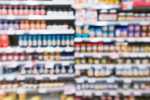We all hate to love plastic, we know it’s terrible for the environment and a significant player in today’s world problems, but it makes our lives more comfortable. We use plastic containers to store leftovers and plastic bags to freeze stuff; we go everywhere with our plastic water bottle, and almost everything we buy comes in a plastic bag or container.
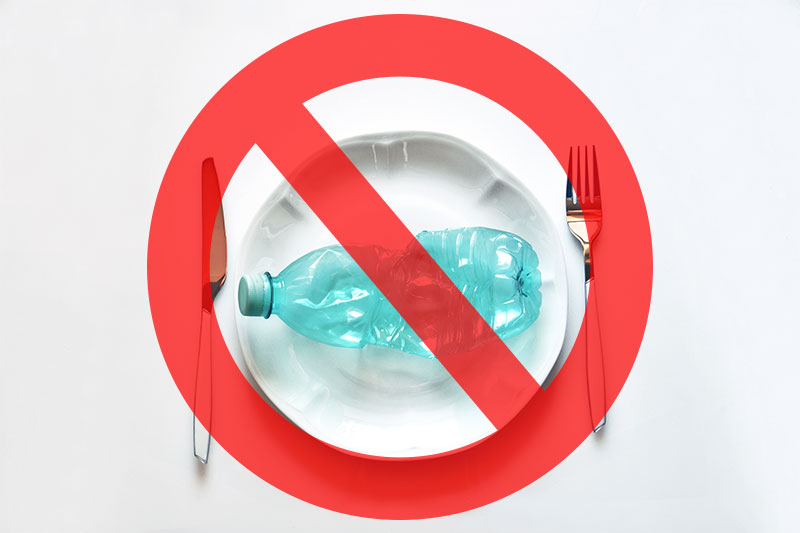
What we might not be aware of, is the health risks of plastic, particularly involving something sacred to all of us, or food. Here are the 9 reasons never to use plastic with food ever again.
#9 – Plastic can release estrogen-like chemicals
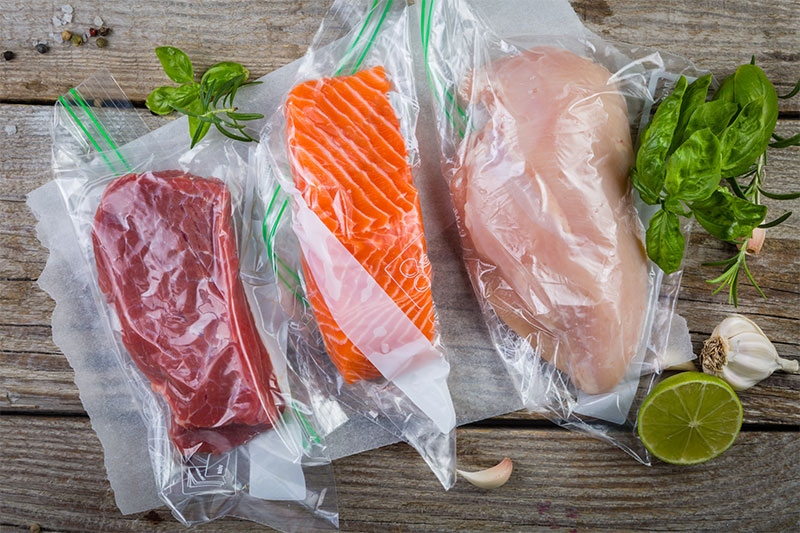
A recent study published in Environmental Health Perspectives, backed by National Institute of Environmental Health Sciences (NIEHS) tested 450 different plastic containers, including BPA-free products (more on BPA ahead). They discovered most of them released chemicals that act like estrogen, the female sex hormone, when in contact with alcohol or exposed to high heat.
Although it’s soon to see how these how chemicals might act in our bodies, it’s alarming to find out that not even BPA-safe containers are not to be trusted.
#8 – Some plastic contains phthalates
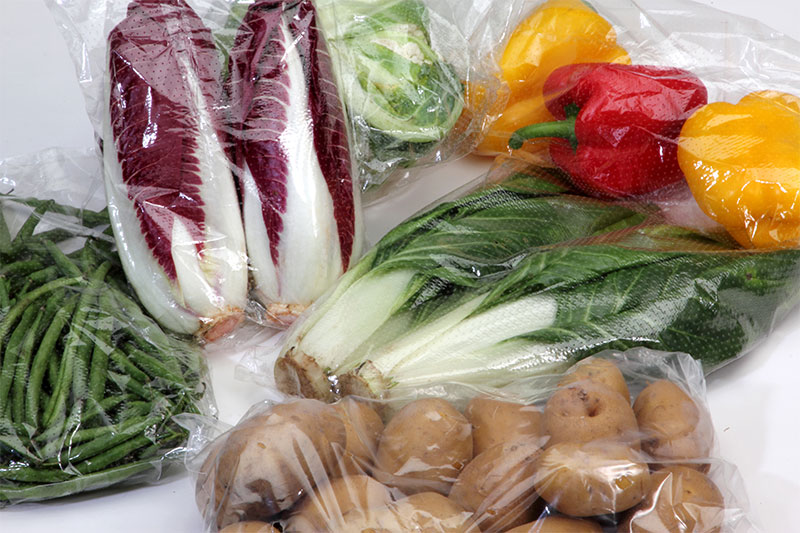
Most plastic baby food cups and utensils are made with PVC; most toys are too. The problem with the malleable plastic is that it easily releases phthalates, even to the touch. Phthalates, although hard to pronounce, are plasticizers that make the material more flexible. These substances interfere with our hormone-making endocrine system falling in the category of endocrine disruptors.
Exposure to these substances is linked with the development of diabetes, obesity, and even cancer.
#7 – Water bottles are worse than you thought
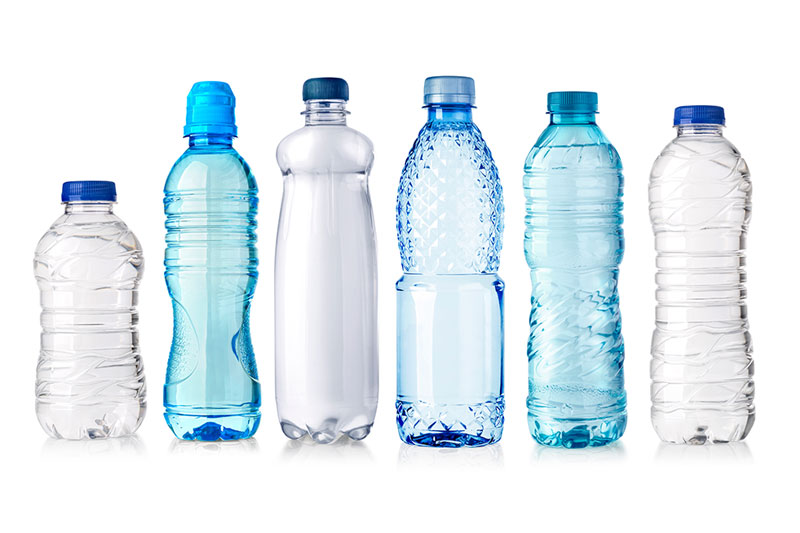
Water bottles are made with PET, a disposable, malleable plastic that’s cheap to produce and easy to recycle. Pet has a compound called antimony, which leaches to the water or any other food in contact with it. Although there’s still much research to be done about the health risks associated with the catalyst, it’s better to avoid products sold in PET.
Pet is also responsible for most of the plastic waste overwhelming the waste disposal system, another moral reason to use glass bottles instead.
#6 – BPA is the better-known enemy
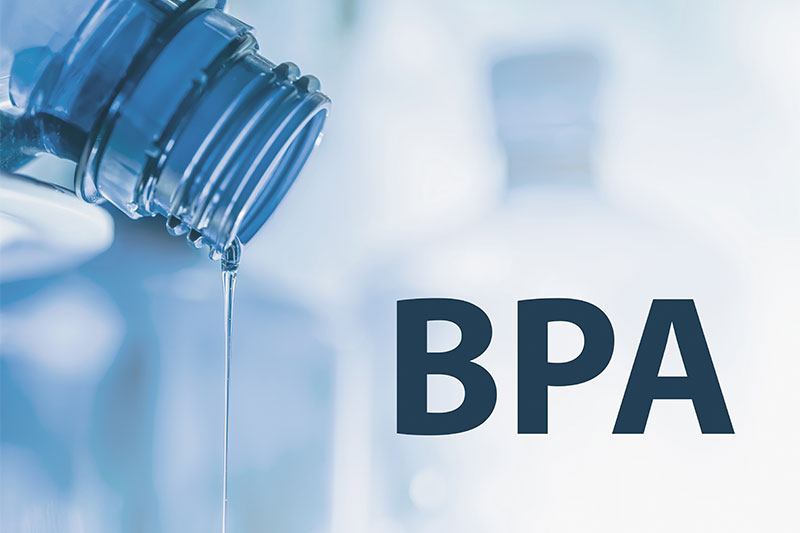
BPA is short for Bisphenol A, a precursor to common plastics found everywhere, in food containers and baby bottles alike. Most polycarbonate plastics have large amounts of BPA, the plastic used for reusable water bottles and storage containers.
BPA acts like estrogen in our bodies, the female sex hormone, and disrupts our hormone production glands. Many countries are labeling BPA containing products with a warning and others are now labeled BPA-free, which are apparently a better option.
#5 – BPA-free can have BPS instead
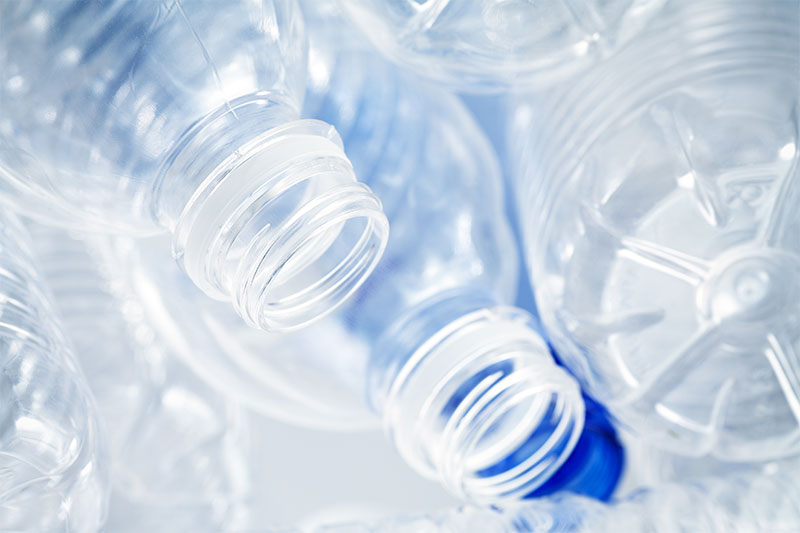
As BPA is very much frowned upon, producers started using another chemical instead: BPS. This granted producers the possibility of labeling their products as BPA-free, but the health risks of BPS continue to be unknown.
What we know is that BPS also has estrogen-mimicking properties and might disrupt our hormone production. BPA-free products post no lesser risk than regular plastic.
#4 – There’s a new threat: BADGE
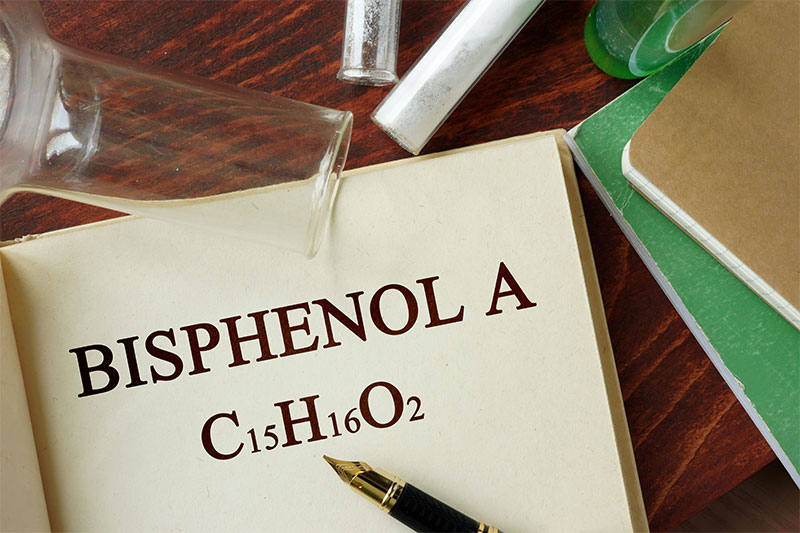
Bisphenol A diglycidyl ether (BADGE) is a chemical compound used in the plastic industry, particularly as a hardener for resins often used to line tin cans and in other food packaging. This compound is not as popular as BPAs, but it’s a probable carcinogen.
This compound is dangerous for its low melting point, so even at temperatures slightly higher than room temperatures, it can leach into food.
#3 – Teflon has its downside too
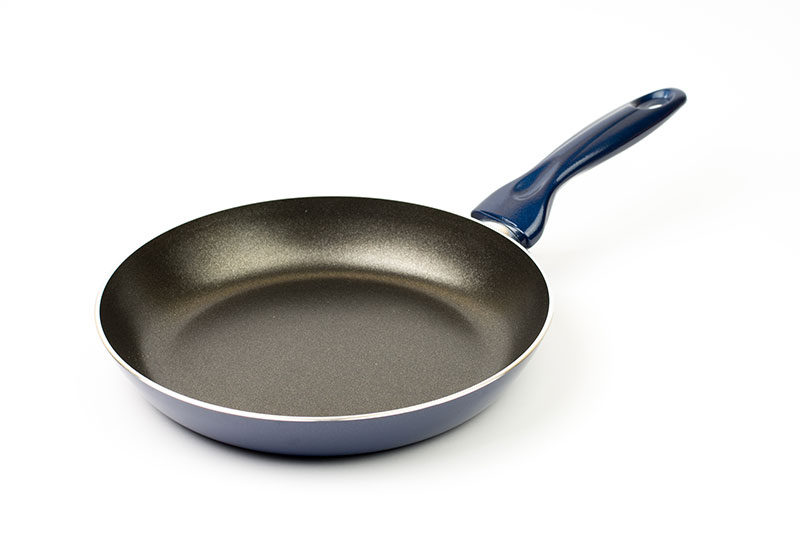
The most popular nonstick surface applied to pots and pans is plastic too, and it makes our lives easier. There’s no evidence of Teflon infusing chemicals or unwanted substances to food cooked over it. Still, at high temperatures, it can leach chemicals, which means that you shouldn’t bake anything on a Teflon coated pot or cook foods at high temperatures in them, just to be safe.
#2 – Plastic alters our food perception
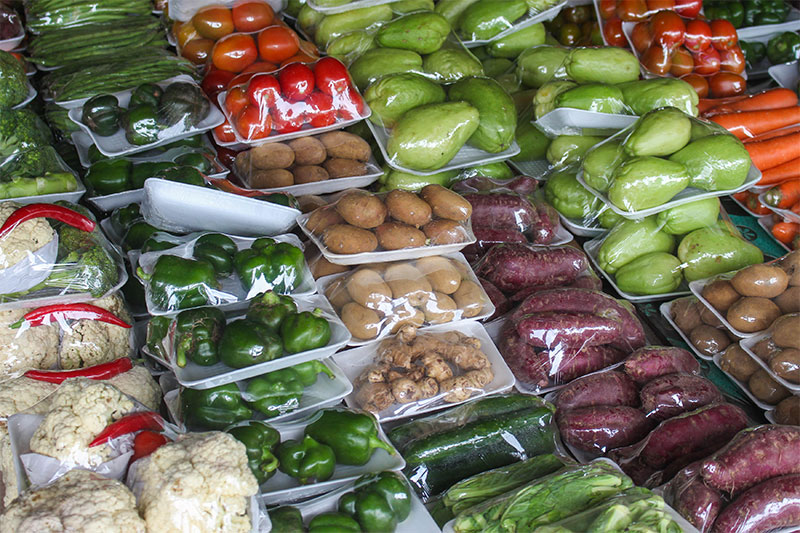
A recent study by the University of Michigan proved that we perceive food differently depending on the material it’s served in. Water or wine, for example, taste distinct when sipped from a plastic glass. Eating with plastic utensils or on a plastic plate alters the perception of the food’s quality, and you enjoy it less.
The psychological factor might not be a health risk but enjoying what you drink and eat matters too.
#1 – Plastic can carry bacteria
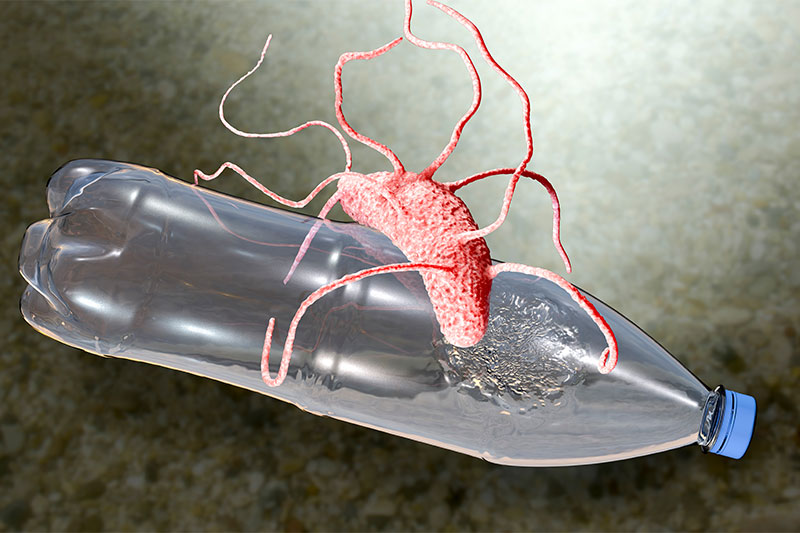
Plastic is porous, especially when scratched, which means that harmful bacteria can hide in your containers, chopping board, or water bottle increasing the risk of getting sick. Water bottles, by the way, gather bacteria from your mouth, and they multiply fast, making continuously drinking liquids from a plastic bottle risky and a probable cause for an upset your stomach.
Sharing a bottle is way worst, our mouths and lips have more bacteria than you can imagine, and they feel right at home over a moist, warm surface like a plastic bottle.
Do yourself a favor and ditch the plastic.
We know it’s hard, we’re surrounded by plastic, and although it might pose a threat to our health, it’s convenient and hard to avoid. As evidence piles up against plastic bottles, dishware and containers, we should see less of them, but it all starts with you.
Get yourself a reusable glass or aluminum water bottle and try to store leftovers in glass containers. No one said it would be easy but staying healthy is worth the effort.

